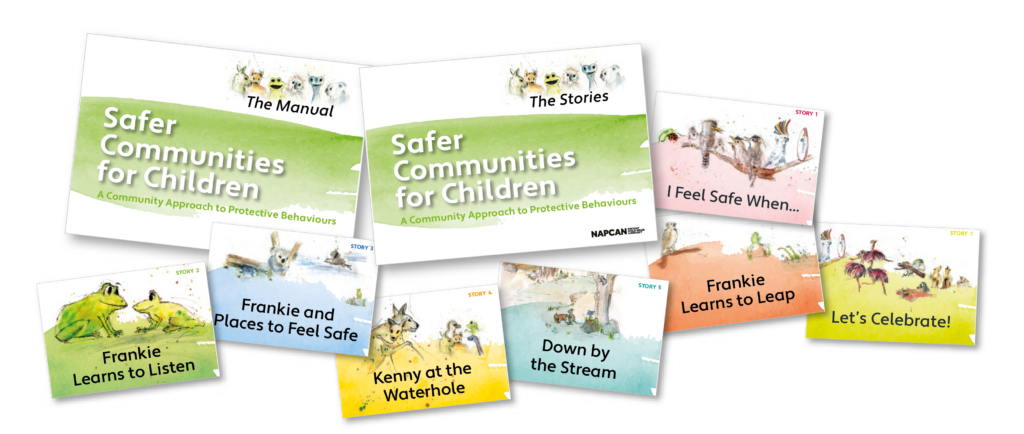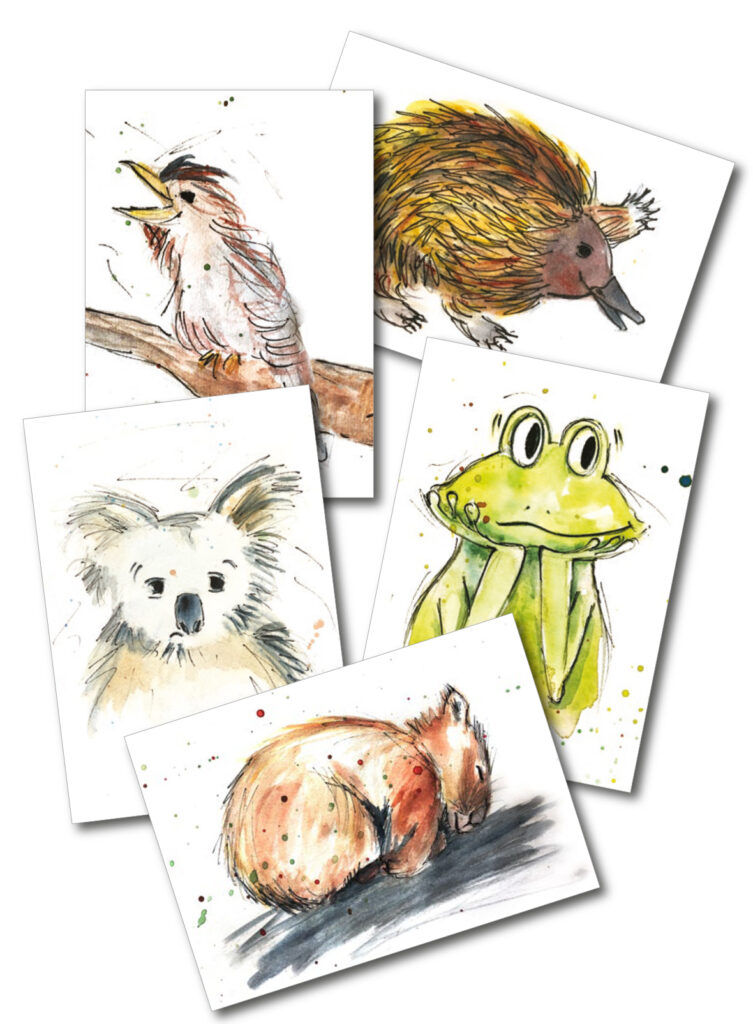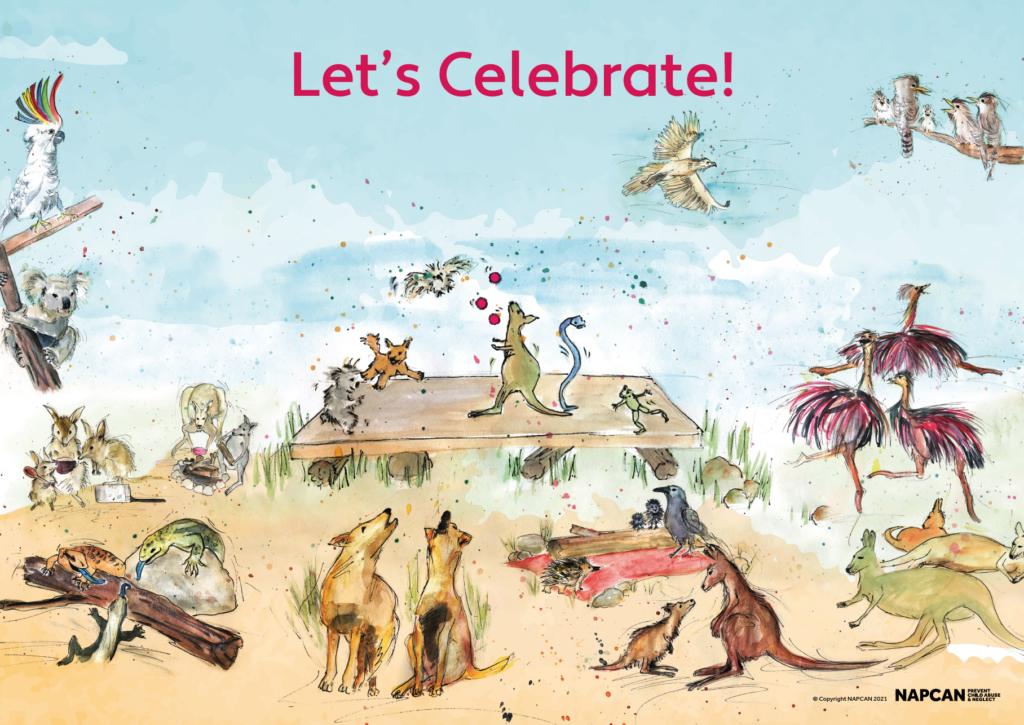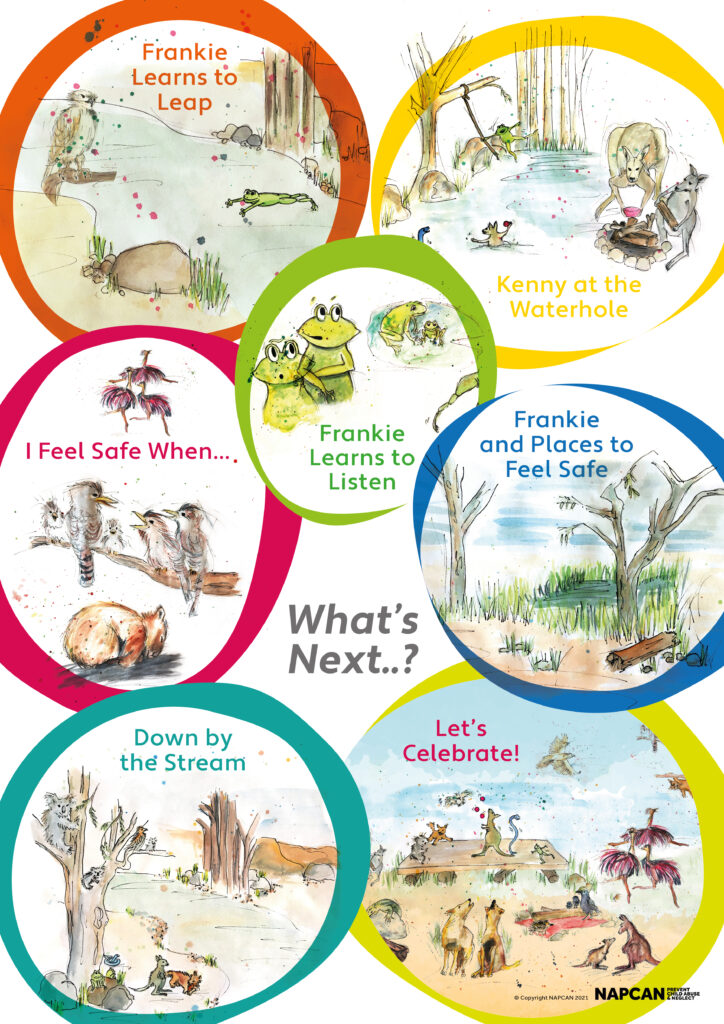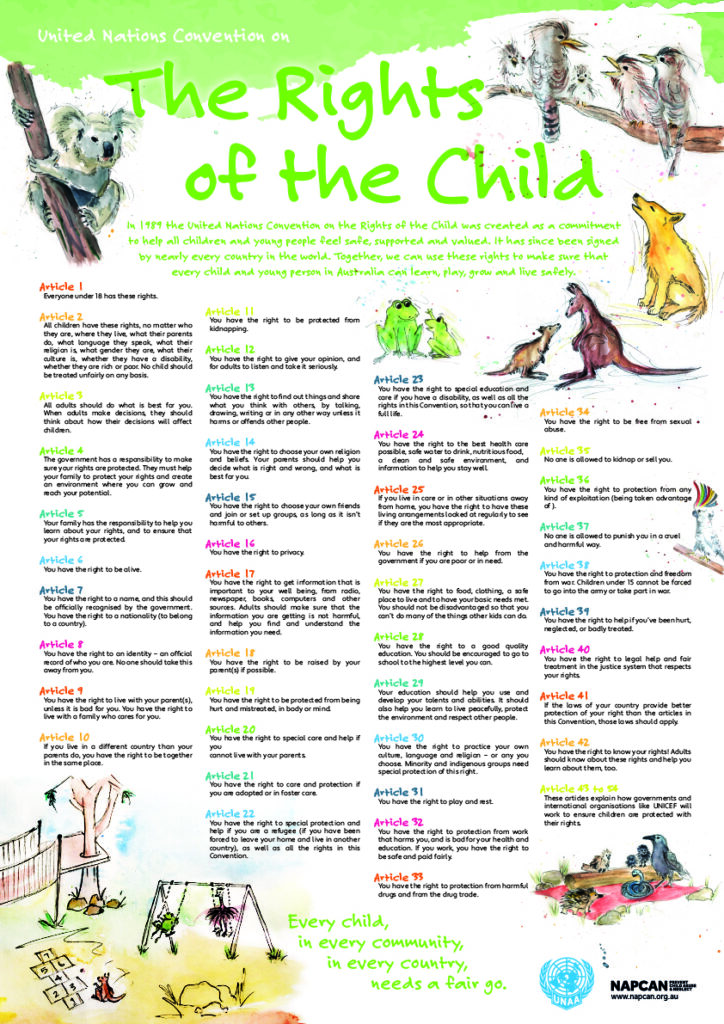Love Bites is a well established respectful relationship program that has been facilitated in schools across Australia since 2004. It began on the Mid North Coast of NSW in response to a local high school where teachers had become concerned about their young people who appeared to be becoming involved in abusive and disrespectful relationships.
Since this time, Love Bites has evolved to include a suite of programs for ages 11-17 and can be run throughout multiple sessions in both school and out of school settings.
Love Bites has been developed as a flexible model which allows for those working with young people to utilise the programming to fit with their setting and meet their young people’s needs at a local level.
NAPCAN has a range of modified Love Bites and RRE programs available. This includes resources for culturally diverse settings, Aboriginal and Torres Strait Islander youth, out of school settings and remote communities.




Safer Communities for Children (SCFC) is an inclusive, culturally safe, whole-of- community protective behaviours program, specifically designed for young children aged four (4) to eight (8) years. The program can be delivered by local community members and services across a range of settings such as schools, family centres and early childhood environments in urban, rural and remote settings.
SCFC aims to promote children’s safety and wellbeing. It takes a child-centred approach, using stories to engage children in thinking and talking about safety, and encouraging conversations between children and adults.
The program is based on seven (7) bush animal stories with specific messages about safety that also reinforce community responsibility to value and protect children.
A unique aspect of the program is that it elicits the voices of children on what makes them feel safe, and encourages adults to respond in ways that are meaningful and relevant for their children and community.
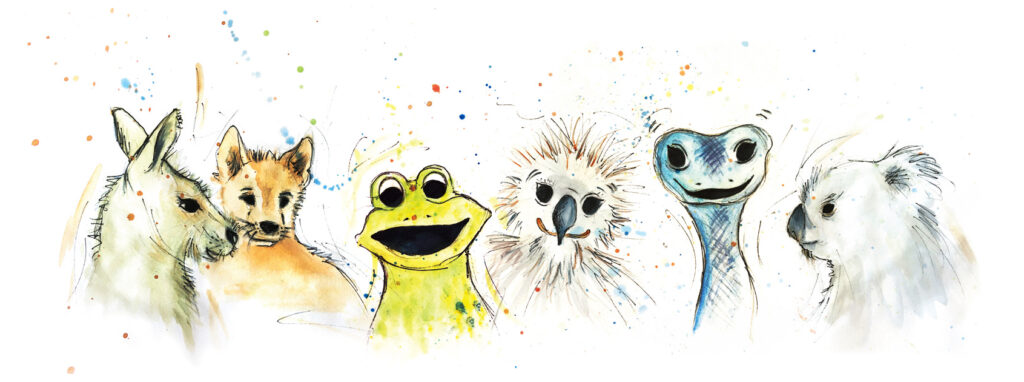
Safer Communities for Children offers a new approach to protective behaviours in that it:
